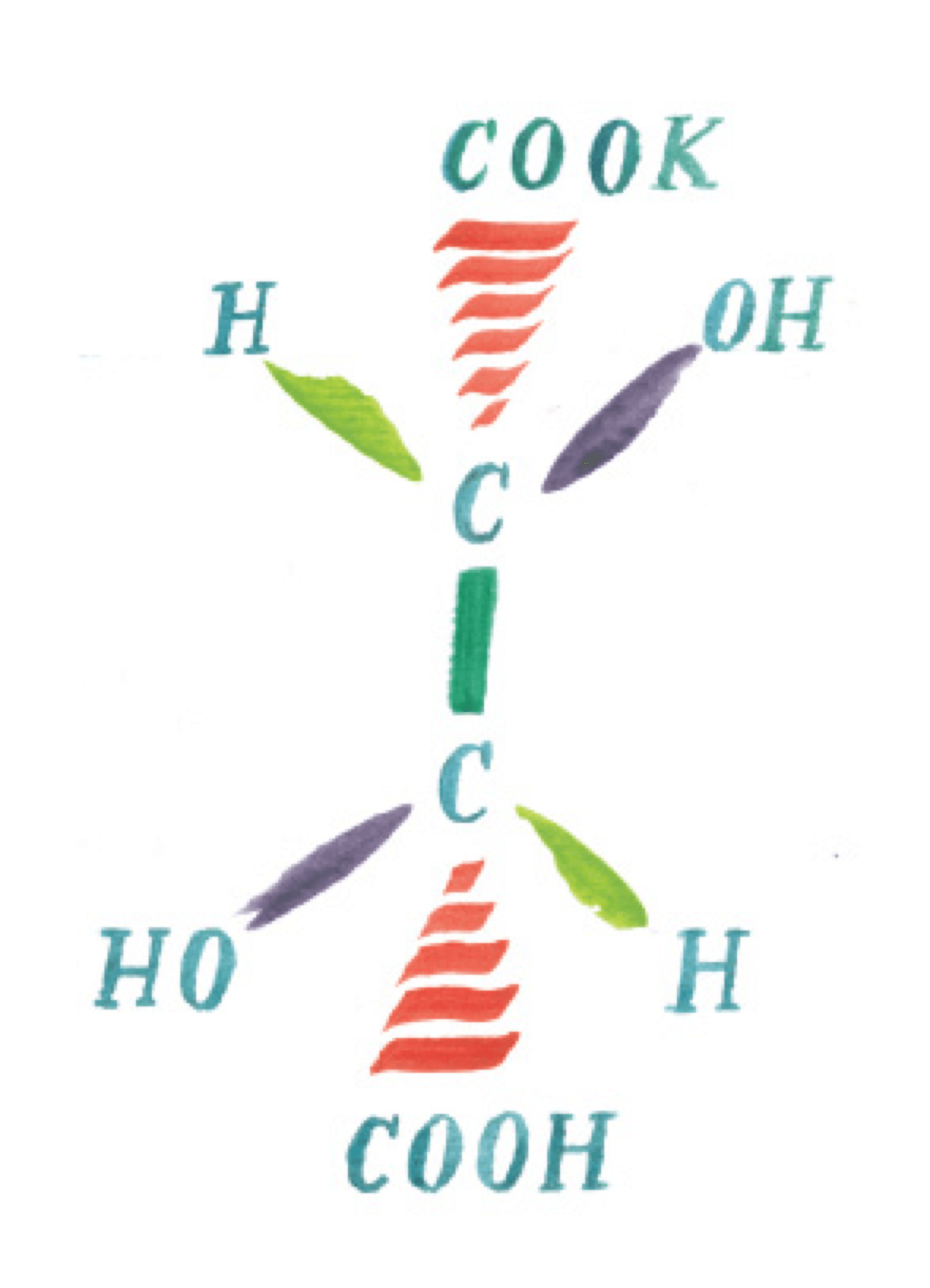
Cream of tartar is a tartaric acid salt. The production of cream of tartar dates back to ancient times, since man began producing wine from grapes, and Paracelsus, the father of modern medicine, claimed that it had great therapeutic virtues and was a sort of panacea. Naturally present in grapes, it is deposited when the wine is left to rest in tanks, especially in the winter months. Randi Group has always produced cream of tartar and it guarantees a purified product with no chemical additives that are toxic or harmful to health. The result of this process is a natural product ideal for the food, wine and cosmetics sectors. For this reason, Randi Group’s cream of tartar is in great demand by companies which prefer to use natural products that both respect tradition and safeguard health.